The Apache Roller blogging platform recently addressed a critical vulnerability that could allow persistent unauthorized access even after users changed their passwords. This flaw, identified as CVE-2025-24859, stemmed from inadequate session expiration, which failed to invalidate active user sessions following a password update. The Apache Software Foundation (ASF) has introduced a centralized session management feature to resolve this issue, ensuring all active sessions are terminated when a password is changed or an account is disabled.
Understanding the Vulnerability
The vulnerability affected Apache Roller version 6.1.4 and earlier. ASF released version 6.1.5 to address this security flaw. The issue allowed existing sessions to remain active, potentially enabling unauthorized access if credentials were compromised. Attackers could exploit this by maintaining access through old sessions, even after a password change.
Potential Exploitation Methods
Adversaries could leverage session management vulnerabilities in various ways. For instance, an attacker with prior access to a user’s session might continue unauthorized access despite a password change, maintaining persistence on the system. This is particularly concerning for applications like Apache Roller, where attackers could modify content or gain administrative control if the compromised session belonged to an admin.
- Session Hijacking: Attackers can maintain access by hijacking sessions, rendering password changes ineffective.
- Content Modification: Vulnerabilities like CVE-2025-24859 could allow attackers to alter content across multiple blogs.
Broader Implications
Apache Roller, a multiuser blogging platform, supports thousands of users and blogs. It offers features such as themes, templates, a content management system, and varying permission levels. The severity of CVE-2025-24859 could escalate in environments where Roller hosts professional or organizational content, rather than personal blogs.
Historical Context
CVE-2025-24859 marks the first critical flaw in Apache Roller in recent years. The last major vulnerability, CVE-2018-17198, was a server-side request forgery and file enumeration issue with a CVSS score of 9.8. Since then, several less severe vulnerabilities have been identified, including:
- CVE-2019-0234: A reflected cross-site scripting flaw allowing malicious script injection.
- CVE-2021-33580: An HTTP header handling error enabling DDoS attacks.
- CVE-2024-25090: An input validation issue facilitating cross-site scripting attacks.

